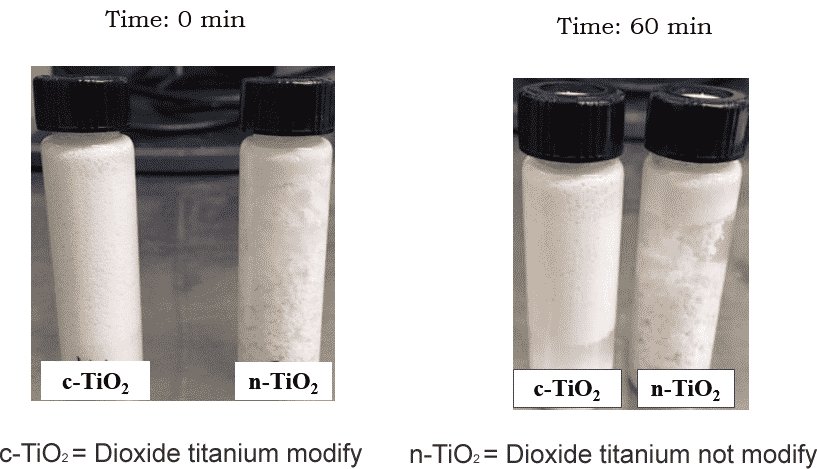
At the High Tech Campus, seven start-ups have been busy with the HighTechXL accelerator program for three months. They are on their way to the XL Day on 6 December, where they can win over future investors. E52 takes a glimpse into the crowd and works towards XL Day with portraits of the start-ups. Today: Oppi.
After winning a competition in Mexico, the start-up Oppi came to Eindhoven to join the HighTechXL accelerator. Karim Alberto Cuéllar Osorno and Mayra Ivonne Sánchez Ramirez talk about their young company: “Our CEO came up with this idea about five to six years ago. He realized that there are many industries that have problems with the dispersion of particles in liquids. That is why they use many solvents, which of course is very bad for the environment. He is a professor at the Technical University of Celaya in Mexico and started this project. We studied there and he invited us to participate in it.”
“Because you simply need fewer ingredients, the costs of the manufacturing process and energy costs can also be reduced.”Karim Alberto Cuéllar Osorno, Oppi
Like many other start-ups, Oppi participates in the HighTechXL accelerator to improve business performance: “Since we’ve been working here, we have felt that our business is viable and our product works. We have always had the idea of making this, but not at this level. At the moment, we are really working on realizing the product. We also intend to market it here, as the EU and hence the Netherlands are more open to change and new technologies than Mexico.”

Oppi has developed a chemical process to modify pigment for paint. “Paint is normally a mixture of different ingredients, including many solvents and additives. Because we can make pigment that is self-dispersible, you no longer need some solvents. At the moment, we have only adapted the pigment titanium dioxide, but our chemical process basically works on all kinds of oxides, so you could make all kinds of colors. Modification of the pigment involves a chemical reaction. There are no solvents involved here either, so we do not produce any waste. Because you simply need fewer ingredients, the costs of the manufacturing process and energy costs can also be reduced. All in all, the paint produced with our adapted pigment is, therefore, a more environmentally friendly option.”
The development of Oppi’s product and chemical process is now complete. Now the start-up wants to grow and investors are needed for this: “We already have a small pilot production configuration with which we can make the pigment. We want pigment to be produced ourselves, at least until all patents for the chemical process are in. In addition, we are now in talks with a number of paint producers in Mexico to enter into collaborations. We really want to scale up and we need investors for that.”







